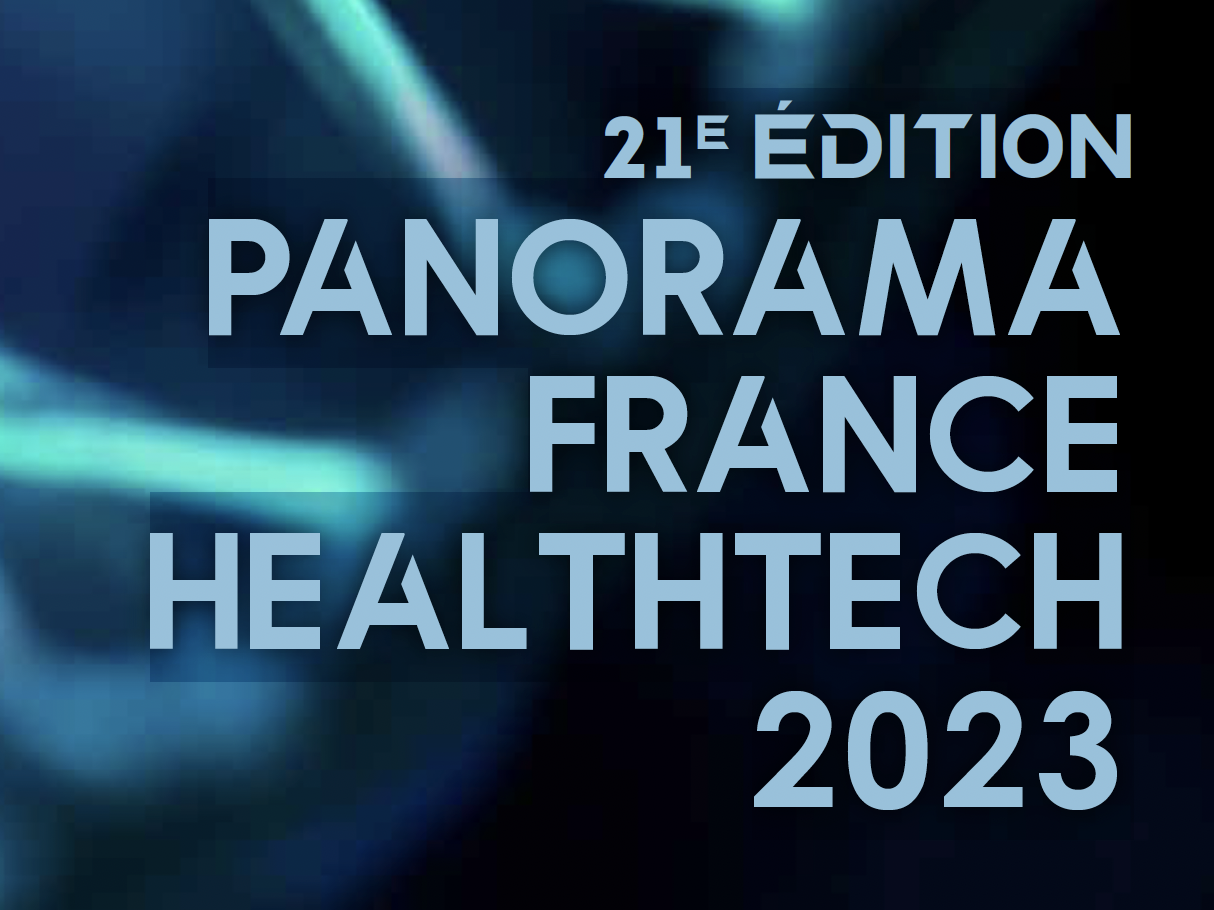Transforming Clinical Research: The Role of Real-World Data in France's HealthTech Landscape

Introduction
The French HealthTech industry is renowned for its global leadership in clinical research, specifically in rare diseases. Since 2015, French innovators have led 671 clinical trials worldwide, with a significant portion of these trials recruiting patients from nearly 100 countries.
Financial Trends in French HealthTech
In 2023, the health tech sector in France faced a challenging funding landscape. Despite this, there's been an improvement in financial health regarding cash flow and the ability to refinance. A significant portion of HealthTech companies are planning or raising funds, with 60% receiving non-dilutive financing in the past year. The development of industrial partnerships is increasingly considered a means of funding.In terms of capital, France is the second European country for the amount raised and the number of operations in venture capital, with 18 billion euros raised by HealthTech companies in 2023, a 32% decrease compared to the previous year. Venture capital represents 55% of the HealthTech financing sources in France, with 565 million euros raised through refinancing on the stock market.
France as a Clinical Research Destination
France's clinical research infrastructure is bolstered by an extensive network of university hospitals, attracting many companies and universities, especially for rare diseases, more than any other European country.
France's approach to rare diseases is characterized by a well-organized structure for managing diagnostic pathways and treatments. Over the past decade, more than 500 projects have been funded by the ANR, amounting to over 400 million euros, consolidating France's leadership in this field.
French biopharmaceutical companies are leaders in rare disease research. With daily initiation of new trials, France stands out in oncology and autoimmune/inflammatory diseases. This strong performance is underlined by 72% of rare disease medications developed by French companies from small biotech firms.
Clinical trials in the US and France have demonstrated that telemonitoring in oncology extends patient survival by 52 months, reduces hospitalization by 16 days, and cuts emergency visits by 69%.
Generative AI: A New Frontier in Pharmaceutical R&D
Generative AI is revolutionizing pharmaceutical R&D, with companies like VECT-HORUS utilizing it to advance the targeting and delivery of therapeutic and imaging agents, including treatments for the brain and tumors. This change has led to strategic licensing deals, such as those with Novo Nordisk and Ionis Pharmaceuticals, that grant global exclusive rights to use VECT-HORUS's platform for transporting specific therapeutic molecules.
While AI in Biotech like VECT-HORUS offers groundbreaking opportunities, it also introduces challenges. VECT-HORUS is focusing on expanding its R&D partnerships and licensing agreements to advance its theranostic agents into clinical trials.
Conclusion
Integrating real-world data in France's HealthTech sector is pivotal for advancing clinical research methodologies and improving health outcomes. With ongoing innovations and strategic partnerships, the industry is set to maintain its leading role in the global healthcare landscape.
Source : 21e édition Panorama france healthtech 2023, France biotech